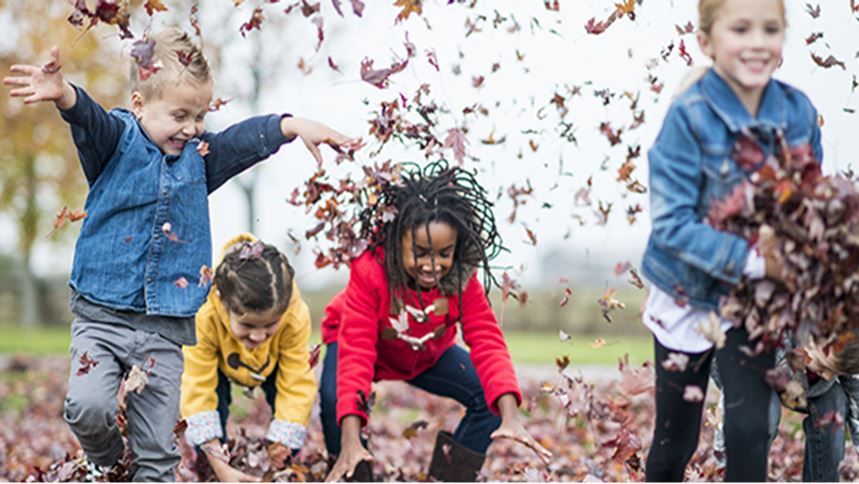By LEKPEA BUEKOR
Every parent loves to see their children playing cheerfully and thus it is heartbreaking if your child is failing to make friends. It is even worse if they are being rejected.
Child psychologist and mum of 3, Dr Pat Spungin, also subscribes that having a child who struggles socially can be very disturbing. “All children want friends, and it’s vital they make friends,” she says.
“So if they don’t, we get worried. But social skills, like any other skill, can be learnt, and you’re the perfect person to teach them, “she says.
Even though we want our kids to make friends, we want them to make good friends. So like most subjects of parenting, the best thing you can do is to educate them on life skills that they can grow with and continue improving by themselves.
Here are some essential things you could teach your kids, as recommended by Kasie Edwards of The Guardian.
- True friends are always there for each other in good and bad times
Friends give support to each other when they are unhappy, troubled, frightened, happy, or delighted and celebrate successes.
Teach them that a good friend will offer their support, encouragement, compassion and, of course, be a cheerleader because the person is dear to them.
When your child’s friend is facing a challenge or has had something fascinating happen, urge your child to celebrate their achievement or assist them as much as they can through the difficult time.
- Friends share similar interests
It may be that kids are on a basketball team together, in the same grade, live across the street from one another or are just the same age.
One standard string links people together, but there is more to friendships. Lasting friendships are established upon discovering many shared interests and enjoying satisfaction in the time spent together doing them!
Assist your children and their friends in exploring their interests and finding things in common they enjoy doing together and help foster their interest by supporting them and encouraging the extra activity.
Also, it would help if you told your kids that friends don’t have to tick every box they have., Some friends will fill a couple, and others will fill numerous ones.
- Good friends don’t talk bad about each other
Friendships that stand the test of time are built on loyalty, kindness, and honesty, which means that friends should not talk badly about one another under no circumstances.
Practice role-playing at home. Ask them how they feel if their best friend makes fun of their clothing at school?
It is also essential to encourage your kid to stand up for her friend if she hears others talking badly about her. Being a good friend means being loyal and standing up for one another in difficult circumstances.
- Teach kids the difference between healthy and unhealthy relationships.
This is a subject that many people don’t completely understand until well into adulthood, but learning early-on places helpful boundaries for future friendships.
Mutual respect and trust are essential in every healthy friendship.
Your kids should know that a good friend will make them feel good about themselves, and so any friend that intentionally makes them feel bad and crushes their self-esteem is undeserving of their friendship.
- Teach your kids how to properly handle conflicts
It’s normal for friends to get into periodic conflicts, and when they butt heads with one another, the same way they do with their parents and siblings, it’s necessary to come together and communicate.
A confident child will be more willing to take responsibility for their part of the dispute, be ready to ask forgiveness and move on. Tell them it is an important skill to look out for in a friend.
- Constantly lead by example.
We can’t emphasize this enough. It is an essential truth. For kids, their parents are the most important personality in their lives.
What kind of friends do you hang around with? Do they share the same values as you? How do you act around your friends? Do not forget that your kids are always watching. And they will replicate the same thing you do when you are absent.
Educating children about selecting good friends does not imply you are telling them who to be friends with; instead, it means having a conversation with your children about what makes a good friend and recognizing those qualities.
By so doing, your kids will be prepared to make their own decisions about who they want to allow into their lives, and you won’t have to fret that they are towing the wrong path.





Comments are closed.